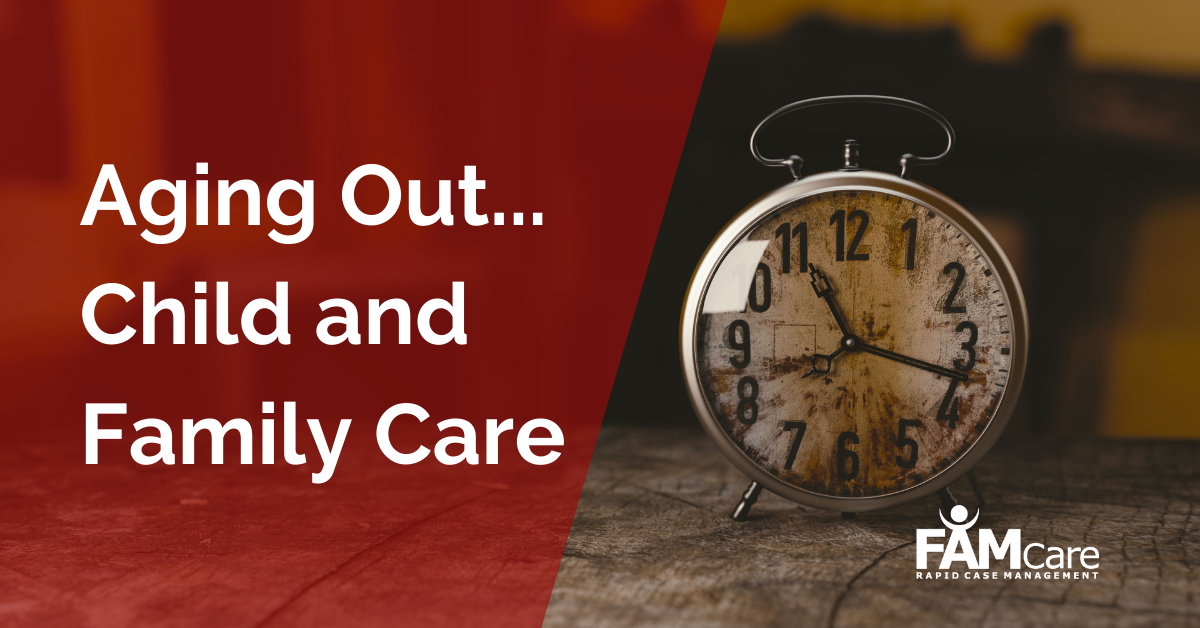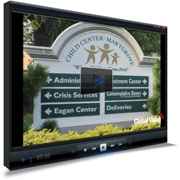
“An 18-year-old sleeps in a doorway of a public building with nothing but a tattered blanket to shield him from the cold wind. He took little more than the clothes on his back when his foster parents demanded that he leave home. He hasn’t been in touch with his biological parents in years. None of his friends’ parents will allow him to spend a night on their sofa. And he’s unfamiliar with the nearest homeless shelter.” (Social Work Today, Vol. 19, P.24, Nadine Hasenecz, MSW, LSW)
Youth Still at Risk
More than 23,000 children will age out of foster care in the United States yearly, according to the National Foster Youth Institute, an organization comprising foster youth, foster care alumni, and members of Congress who seek to transform the child welfare system. When children age out of foster care, they become ineligible to receive state assistance with housing, food, and medical care under the foster care system.
When they turn 18, the foster care system says, “‘Good luck; you’re no longer able to reside here,’” Nicole Hirschman senior foster care caseworker at Salvation Army Children’s Services in Allentown, PA says. “Once they turn 18, they are cut off from the programs that were benefiting them. They become homeless. They get into drugs and alcohol—falling back into the problems of their biological families—or sometimes end up incarcerated. When they suddenly age out, we see a lot of the teenage youth start living on the streets, trying to get into a shelter, and trying to locate families who didn’t have anything to do with them previously. It’s very sad.”
Additional challenges for these “sudden adults” range from educational deficits, unemployment, and homelessness to pregnancy, PTSD, and involvement in the criminal justice system.
Is Any Help Available to the Suddenly Emancipated?
In response, the government created the John H. Chafee Foster Care Independence Program (CFCIP) under Title I of the Foster Care Independence Act of 1999 to provide funding for states to assist youth (up to age 21) in foster care to make a smoother, more successful transition to adulthood. The Educational and Training Vouchers Program (ETV) for youths aging out of Foster Care was added to the CFCIP in 2002.
States use the funds to improve the quality of transitional support available to foster youth, including the following initiatives:
- Promoting stable, permanent connections to caring adults
- Helping youth manage and meet their health needs, often through temporary Medicaid coverage.
- Supporting economic success through educational vouchers to higher education institutions and employment programs.
- Providing life skills training to help youth navigate the adult world.
- Improving access to stable and safe housing, which varies between full assistance from age 18-21 to states where no financial assistance is available.
Case Workers Pick up the Pieces
In order to prevent the 18-year-old above from sleeping in the doorway of a public building, it takes the attention and care of Family and Child Welfare case workers to connect these sudden adults with the services available at the state and federal level. This is again where our case workers shine. They take the initiative to seek out those children aging out and connect them with the support available beyond the state’s foster care system. Who else would have ever known or cared about 18-year-old children falling through the cracks in our social welfare system? What a debt society owes these tireless professionals!
Read more from FAMCare:




